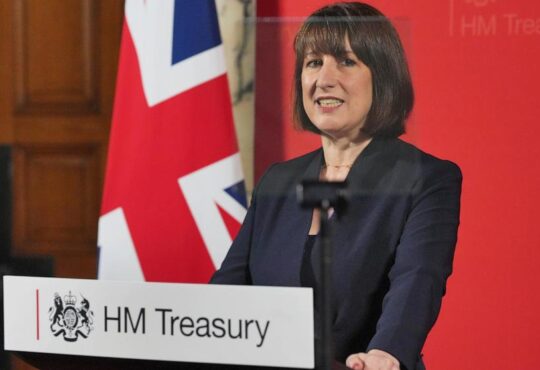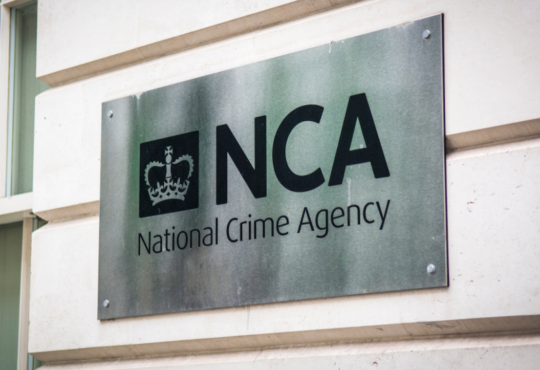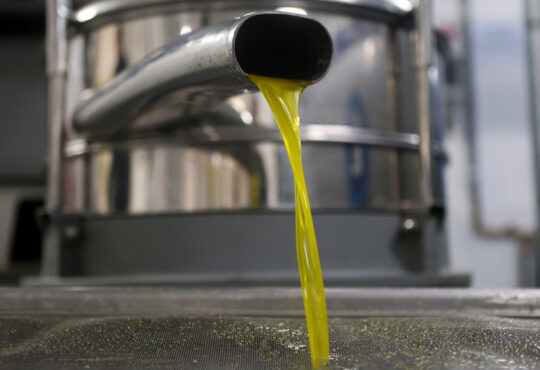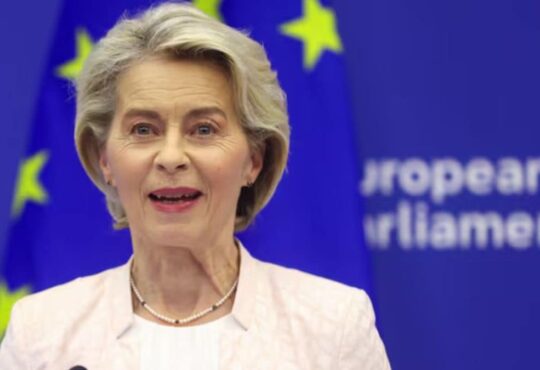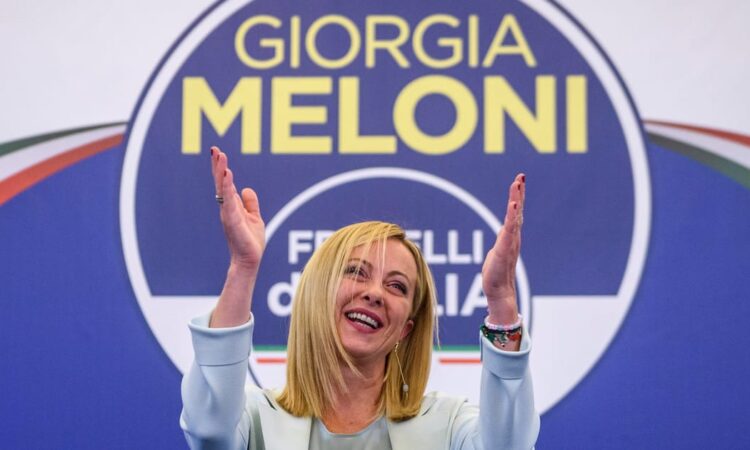
Press play to listen to this article
Voiced by artificial intelligence.
Before becoming Italian prime minister, Giorgia Meloni was one of the most strident voices on migration in the European Union. As an opposition politician, she warned darkly of efforts to substitute native Italians with ethnic minorities and promised to put in place a naval blockade to stop migrants crossing the Mediterranean.
During her time in office, she has taken a markedly different tack — presiding over a sharp spike in irregular arrivals and introducing legislation that could see as many as 1.5 million new migrants arrive through legal channels.
Coming at a time when the right and far right are in ascendance ahead of the European Parliament election next spring, Meloni’s policies represent an important course correction for the Continent’s conservative bloc, as fiery rhetoric yields to the cold practicalities of governing.
“Once in government, you need to find solutions, instead of scapegoats,” said Claudio Cerasa, the editor of the Italian centrist daily Il Foglio.
Meloni is presiding over a country that is economically stagnant and in demographic decline. Over the last decade, Italy has shrunk by some 1.5 million people (more than the population of Milan). In 39 of its 107 provinces, there are more retirees than workers.
It’s numbers like these that prompted Italy’s Economy Minister Giancarlo Giorgetti to warn earlier this month that no reform of the pension system would “hold up in the medium-to-long term with the birth rate numbers we have today in this country.”
Meloni’s legal migration decree estimates Italy needs 833,000 new migrants over the next three years to fill in the gap in its labor force. It opens the door to 452,000 workers over the same period to fill seasonal jobs in sectors like agriculture and tourism as well as long-term positions like plumbers, electricians, care workers and mechanics.
“This is a super pragmatic behavior,” said Matteo Villa, a migration expert at the ISPI think tank in Italy. “There has been a change in narrative.”
Given Italy’s rules on family reunification, which allow residents to bring in relatives, “it’s easy to predict that over something like 10 years, these figures will triple,” bringing in about 1.5 million migrants, said Maurizio Ambrosini, a professor of sociology and an expert on migration at Milan’s university.
Meloni government’s, he added, “has been pushed to implement a more realistic policy” by the entrepreneurial class that makes up an important part of its support.
Nicola Procaccini, an MEP close to Meloni who is also the co-chair of the European Conservatives and Reformists Group, to which Meloni’s Brothers of Italy party belongs, denied any change of line: “We do in government what we have also argued before: There is no such thing as a nation that can do without a moderate amount of migration but it must be little, sustainable and governed.”
Irregular arrivals
While Meloni has continued to take a hard line on irregular arrivals, there’s little sign it’s being effective. The number of people arriving by boat after crossing the Mediterranean has more than doubled this year, to 106,000 so far this year, compared to 53,000 over the same period last year, according to government data.
Meloni’s policies came under fire in February when about 100 migrants drowned after the coastguard failed to deploy to assist a boat that capsized off the Calabrian coast near the town of Cutro. Since then, her government has turned its attention to rescue boats run by NGOs, accusing them of incentivizing migrants to risk the crossing. Earlier this month, Italy temporarily seized three ships that had brought in migrants saved at sea.
Across the Mediterranean, Meloni joined European Commission President Ursula von der Leyen to strike a controversial pact with Tunisia, exchanging aid funding for stricter efforts to prevent migrants from making the crossing. Since the memorandum of understanding was signed in July, however, arrivals increased by nearly 40 percent.
Italian Interior Minister Matteo Piantedosi stressed that, since the start of the year, Tunisia has blocked the departure of more than 40,000 migrants. “These are encouraging but still not sufficient results,” he added.
Meloni’s about-turn hasn’t gone unnoticed by her allies on the right, especially in the far-right League Party that’s part of her coalition government.
“Where did the Prime Minister Meloni who was saying ‘naval blockade’ go?” asked Attilio Lucia, a member of the League and the deputy mayor of Lampedusa, the tiny island where most migrants arrive. “I hoped….now that we finally have a right-wing government the situation would change … but the right is getting worse than the left.”
Gregorio Sorgi contributed reporting.
CORRECTION: This article has been changed to correct the spelling of Giorgia Meloni’s name.


